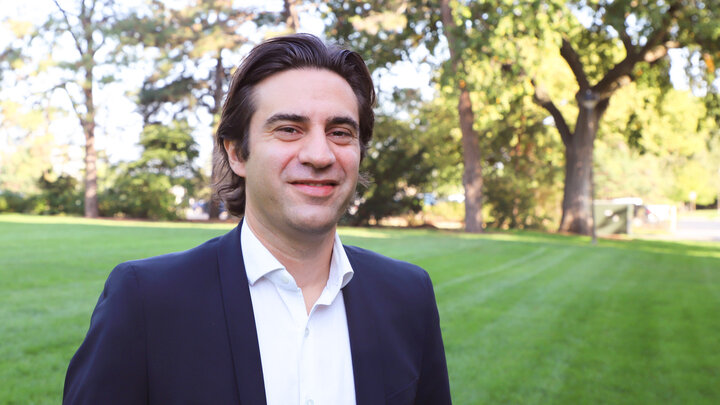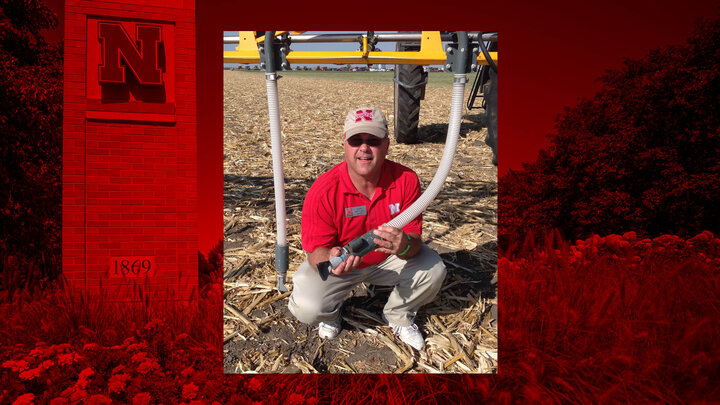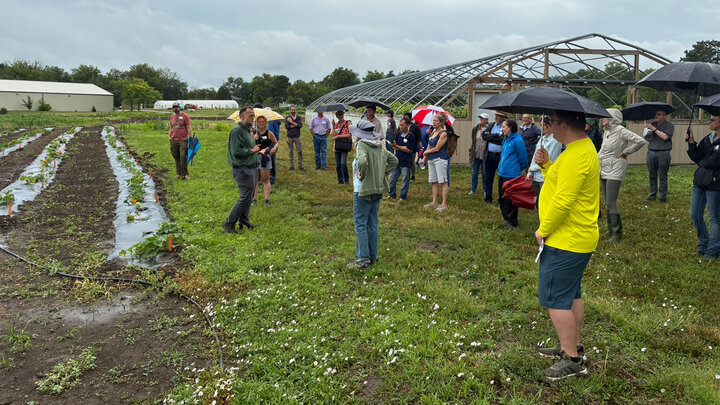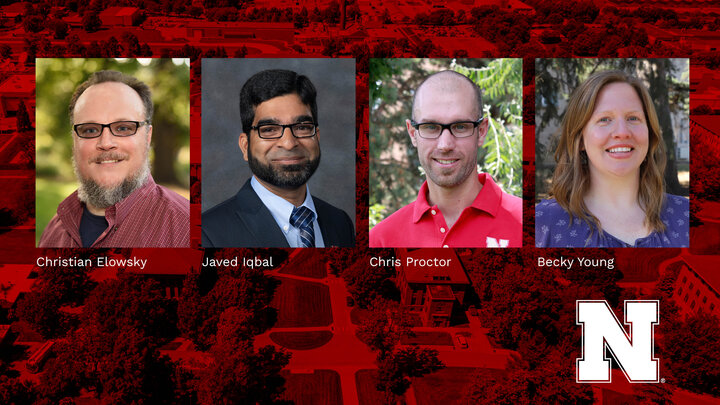Patricio Grassini, Sunkist Distinguished Professor of Agronomy, has been awarded the 2024 International Agronomy Award from the American Society of Agronomy. This award recognizes outstanding contributions in research, teaching, extension or administration made outside of the United States by a current agronomist.
ASA presented the award during the society’s annual meeting in San Antonio, Texas, Nov. 10-13, 2024. The ASA annual awards are presented for outstanding contributions to agronomy through education, national and international service, and research.
Grassini’s research and extension programs focus on yield intensification with the aim to increase producer profit and minimize environmental footprint. His applied research covers a diverse range of cropping systems including rainfed crops in Latin America and Sub-Saharan Africa, high-yield irrigated crops in the U.S. Corn Belt, and perennial crop systems such as oil palm in Indonesia.
“Patricio has demonstrated his ability to build collaborations with many international institutions,” said Jim Specht, agronomy and horticulture professor emeritus. “He is leading the well-renown international Global Yield Gap Atlas.”
The Global Yield Gap Atlas is the world's leading database on high-quality agronomic data with local to global relevance that covers up to 13 major food crops across 70 countries and six continents. It has informed funding agencies, private foundations and the private sector relative to their strategic planning all around the world. It also provides key information to governments and national programs to prioritize resources in agricultural research and development for countries where reaching a reasonable level of food self-sufficiency is crucial or for countries where exports represent a major source of revenue.
Grassini earned a Bachelor of Science in agricultural engineering from the University of Buenos Aires, Argentina, and a doctorate in agronomy from the University of Nebraska–Lincoln. He has authored 10 book chapters, 110 papers published in peer-review journals including top-tier journals such as Nature Communications, Nature Sustainability, Nature Food, and the Proceedings of the National Academy of Sciences of the United States of America (PNAS). He has been listed within the top 2% cited scientists in the world by Stanford/Elsevier List in 2024 and within the top 1% in the discipline by Web of Science during the past five years.




